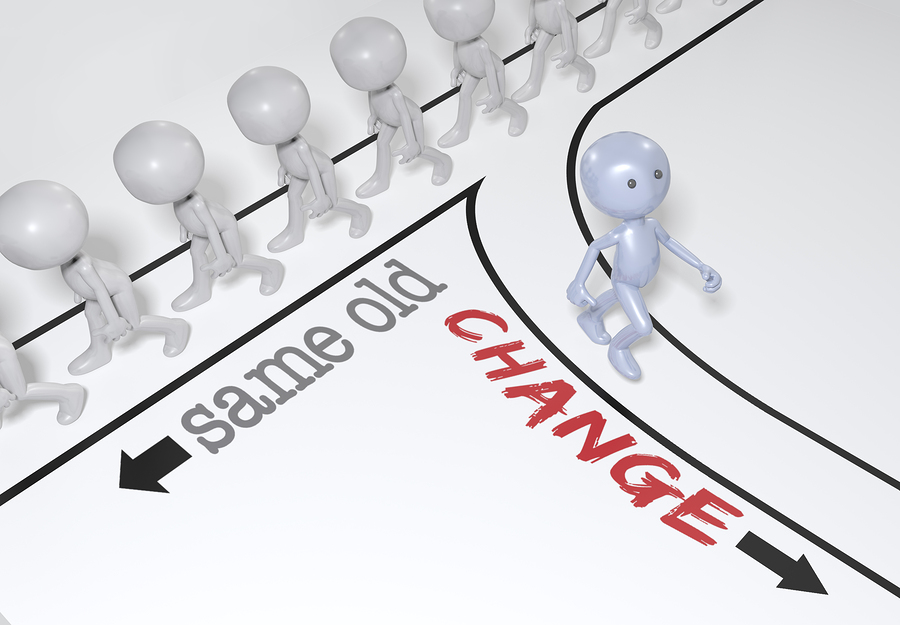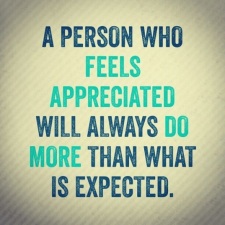If your 121 meetings are productive, positive and play a crucial role in moving forward in happily achieving company vision than maybe you don’t need to read this.
If not, read on and see how helpful you find it!. Either way, do message me or comment to share your experiences whether they are of best practice, or of the more frustrating variety!
What’s the point of 121’s?
The weekly, fortnightly or monthly 121 between a manager and team member is a fabulous opportunity for celebration, problem solving, creating thinking, learning and development.
It’s a chance for a senior individual to meet with a junior individual to check progress in relation to projects, the day job and ultimately checking that all is well, people are confident and supported and that all activity is in line with achieving the team and company vision.
“What a great idea – a no brainer”……. I hear you say!
Why then do I hear so many people, in many different organisations saying “ It’s a waste of time” “ Don’t see the point of them” and “ Ah, yes, 121’s….well…..we always mean to have them but something always seems to get in the way” ?
What goes wrong?
Talking to many team members and managers across many businesses, it seems that very often, the 121 meeting is a tick box affair with managers and staff, short of time and focused solely on checking progress and on correcting poor performance. Closed and leading questions are common, such as “Now that new project, you’re all Ok with that aren’t you?” to which the team member is highly likely to say “Yes” even if this is far from the case!
These meetings, it would seem, when they do happen, are often squeezed in to a busy week and, for this and other reasons, neither participant is able to be fully present. Both parties often have their brains darting all over the place to past, present and future challenges and focus is thus affected.
Getting the best from the routine 121 meeting.
Having created space in your diary for a 121, how do you both get the most from the precious time that you are spending together?
Here are my ten recommendations for leaders, managers and individuals who are meeting for 121’s and want to make them worthwhile.
- Manage your Mindset. Take time before the meeting to breathe and create headspace. This will help you to park other thoughts, be more mindful, focus on the outcomes of the meeting and thus have a positive attitude and approach.
- Build your knowledge and awareness of EQ skills….and use them. Emotional Intelligence at Work. What’s it all about?
- Decide what you want to have achieved when you both leave the meeting and…. “begin with the end in mind” as Covey would advocate!
- Always agree upon two sets of outcomes when setting the agenda. Firstly:- A focus on WHAT is going on i.e. strategy, projects, progress and challenges. Secondly:- A focus on HOW the individual and manager are operating i.e. using great skills, identifying skills gaps, awareness of how much pressure the individual is under, and how they are feeling about workload and success levels. In this way you can identify skills objectives and how the individual can be supported to manage pressure and/or develop skills that are lacking.
- Work out a format for your meetings that works – this may be that you spend the first part of the meeting, however long with your attention on WHAT and the second part on HOW or…… cleverly combine the two using great coaching skills along the way.
- Be fully present for each other during the meeting – choose the right meeting space, put phones on silent, park other thoughts, boundary the time you will spend, focus and delve in!
- Celebrate successes since the last 121 and identify the skills that have used to achieve it. The individual may be able to mentor another team member who is looking to develop the same skills! To praise or not to praise? That is the leadership question!
- Identify challenges and adopt a creative and problem solving approach to overcoming them. Remember that between you, you have many years of experience and a combined skill set that is phenomenal.
- When mistakes or errors have been made, adopt a case study approach so that you can reflect together, be creative and plan to incorporate learnings in the future.
- Leave the room with a SHARED understanding of what you have spoken about and agreed and of next steps.
Suggested exercise for leaders and team members.
a) Talk through these 10 habits with your team member and benchmark yourselves against them.
b) Decide where you need to focus and go for it! I have a feeling that the quality of your 121’s, your working relationship and your productivity will all benefit.
c) Reflect upon the changes you have made and adapt further if necessary.
Do let me know how you get on and please share this to others who may find it of value.
Until next time
Best wishes
Bridget Clapham. Executive Coach and Development Consultant



